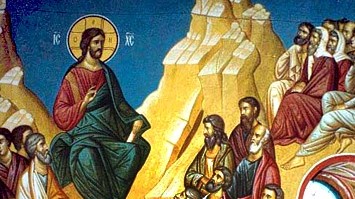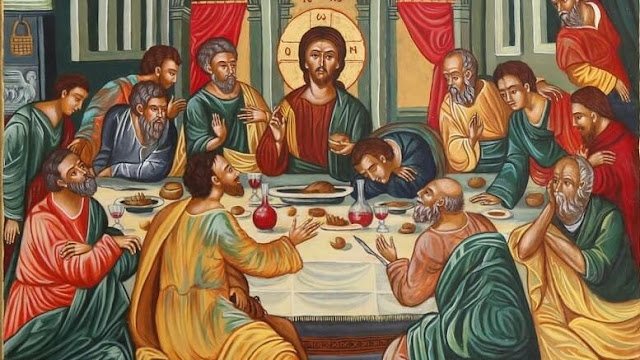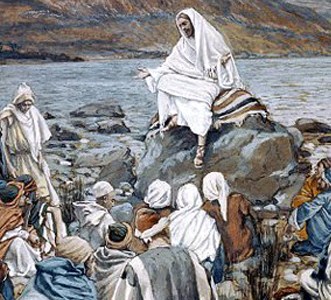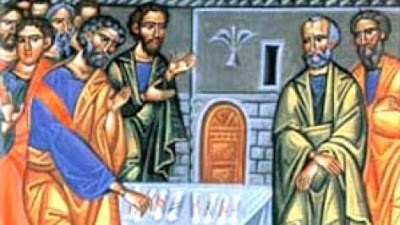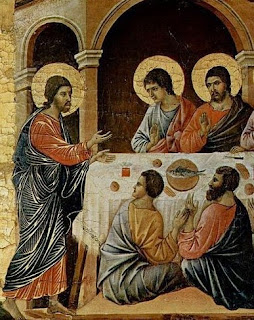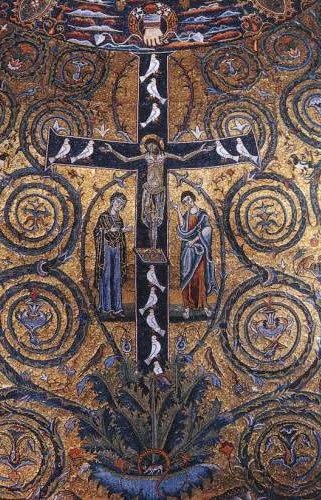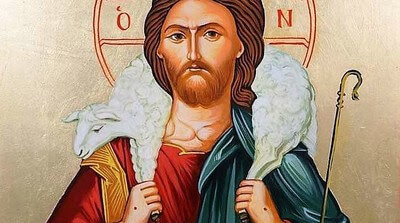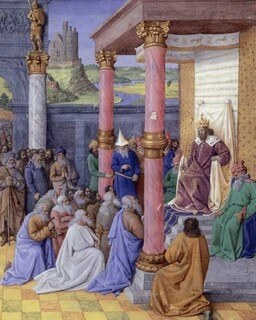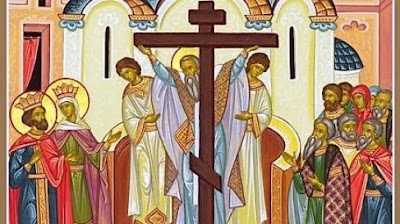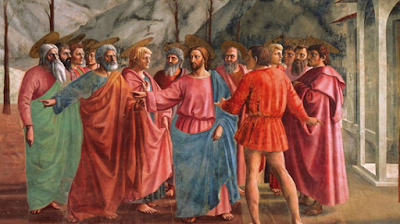Homily for the 2nd Sunday in Ordinary Time, January 16, 2022, Year C

Fr. Charles Irvin Diocese of Lansing ( Click here for Sunday’s readings ) Today’s Gospel account comes to us from the Gospel of St. John, a Gospel dominated by the theme of God’s love. Of the four Gospels, John’s is the Gospel of Love, particularly God’s commitment to you and to me to care for us, to cherish us, and to belong to us if we give Him our love in return. In St. John’s Gospel the first miracle of Jesus Christ takes place at wedding feast in Cana of Galilee. At that banquet Jesus, performing His first miracle, changes water into wine. St. John closes his Gospel with another wedding feast, the Last Supper. The bible speaks of it as the “Wedding Feast of the Lamb.” There Jesus, performing His last and greatest miracle before suffering and dying on His Cross, changes bread and wine into His Body and Blood. In the first wedding feast He changes water into wine, in the last wedding feast He changes wine into His Blood, Blood to be poured out for us in redemptive, self-sacrifi
